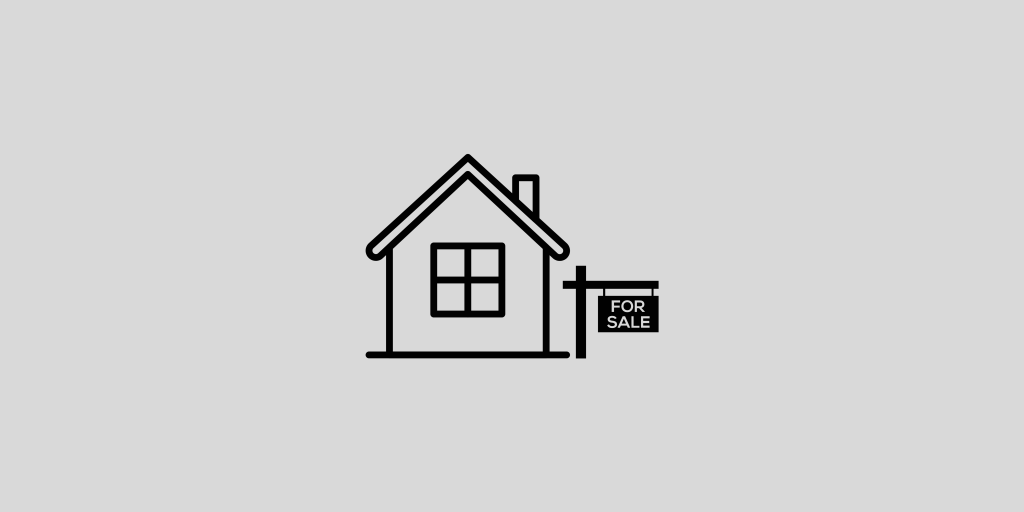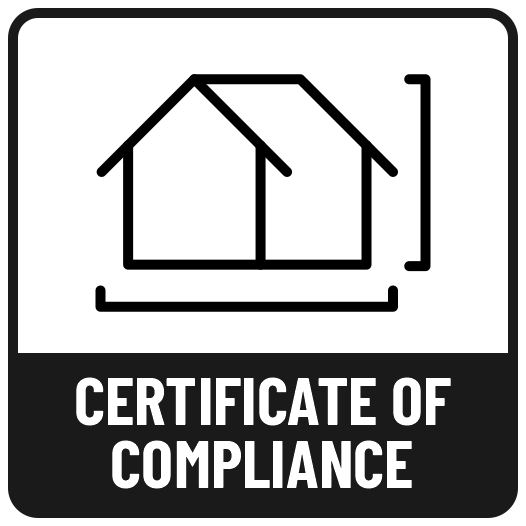If you’re preparing to sell your property in South Africa, there’s one document that can make or break your sale: the Electrical Certificate of Compliance (COC). It’s not just a technical formality—it’s a legal requirement. So what happens if you don’t have one when selling your home?

✅Is an Electrical Certificate of Compliance Legally Required?
Yes. According to the Electrical Installation Regulations under the Occupational Health and Safety Act (Act 85 of 1993), you may not legally transfer ownership of a property without a valid electrical Certificate of Compliance.
The certificate confirms that the electrical installation is:
- Safe for continued use,
- In line with the national standard SANS 10142, and
- Installed and inspected by a registered electrician.
🚫 What Happens If You Don’t Have an Electrical COC?
1. You Can’t Transfer the Property Legally
The conveyancer (transferring attorney) will not proceed with the registration of transfer until the COC is provided. The sale can be delayed—or even collapse—if the seller fails to supply it.
2. Potential Legal Consequences
Without a valid COC, you’re in violation of the Electrical Installation Regulations. This can result in:
- Legal action by the buyer or authorities
- Fines or penalties, and
- Liability for damages due to electrical faults after transfer.
3. Insurance Claims May Be Rejected
If the new owner suffers electrical damage or fire, insurance companies may refuse to pay out if there’s no valid COC. This could come back to you if negligence is proven.
4. Reduced Buyer Confidence
Most buyers—and their banks—require proof that the electrical system is safe and up to code. Without a COC, your home may appear risky or untrustworthy, causing potential buyers to walk away.
⏳ What If the COC Is Old or Missing?
Even if you had a COC in the past, it may no longer be valid if:
-
It’s older than two years, or
-
Electrical changes have been made (e.g. new plugs, lights, renovations)
In this case, a new COC inspection must be done before selling.
🛠️ How to Get an Electrical COC Before Selling
-
Hire a Registered Electrician
– Only a registered professional can issue a legal COC. Avoid using unregistered contractors. -
Schedule an Inspection
– The electrician will inspect your distribution board, wiring, plugs, switches, earthing, and bonding. -
Fix Any Issues
– If faults are found, they must be corrected before the certificate is issued. -
Receive Your COC
– Keep the certificate safe, and provide a copy to your conveyancer.
📍 Who Is Responsible for the COC?
In most cases, the seller is responsible for providing a valid electrical COC. It’s typically part of the offer-to-purchase agreement, and your attorney will request it during the transfer process.
Selling a home in South Africa without an electrical Certificate of Compliance isn’t just risky—it’s illegal. Without one, your sale can be delayed, blocked, or legally challenged.
The good news? We are qualified and registered with the Department of Labour and can assist you with your Electrical Certificate of Compliance.
Contact us today and get compliant before listing your home!
